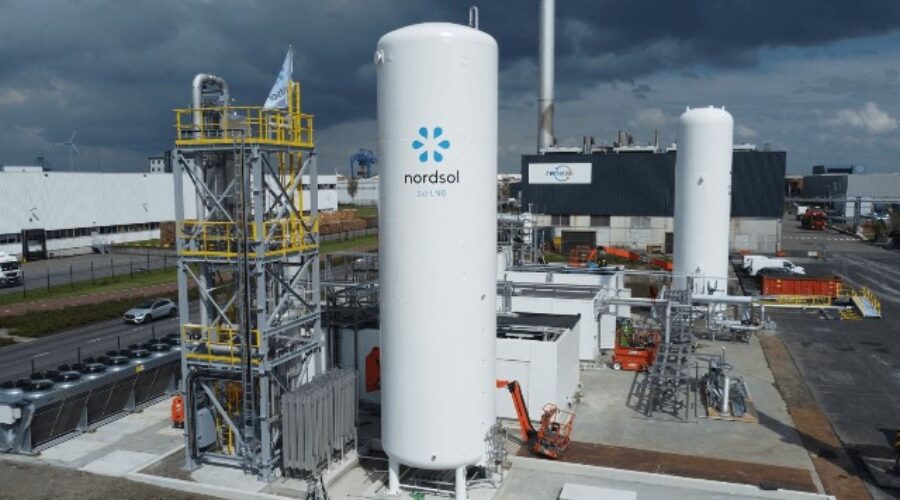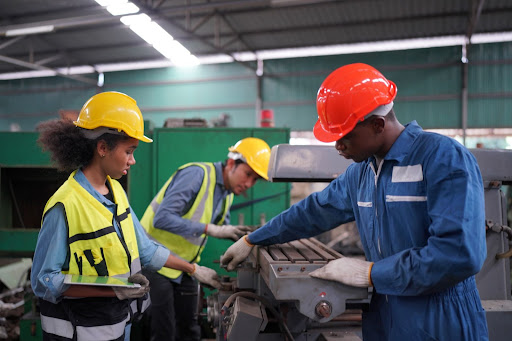Nordsol and Prodeval to develop bio-LNG site in Portugal
Nordsol and Prodeval have joined forces to construct a new state-of-the-art bio-LNG production plant in the southern region of Portugal.
The European duo hopes to have the plant up and running in 2025. It will then serve as an industrial facility in the olive oil production sector, utilising organic wate to create clean, renewable energy.
To maximise the value of the organic residues from the olive oil production site, the biogas plant and the bio-LNG installation will be co-located.
Once fully operational, the facility’s projected output is set to reach 10 tonnes of bio-LNG and 21 tonnes of biogenic liquefied CO2 daily from 1100 nm³/h of biogas, primarily sourced from olive wastewater.
Sébastien Paolozzi, CEO of Prodeval, said, “LNG is and will continue to be a significant method for harnessing the potential of biomethane, especially for mobility purposes.”
Bio-LNG, or liquefied biomethane, is a renewable fuel that is chemically identical to conventional LNG. The product is a clean alternative to fossil fuels and is capable of powering long-distance transport as well as high-temperature industrial processes.
For the Portugal-based plant, the bio-LNG production process involves upgrading biogas into biomethane using Prodeval’s advanced VALOPUR® membrane technology. The biomethane is then liquefied to bio-LNG using Nordsol’s technology.
The biogenic CO2 captured during the process will be liquefied using Prodeval’s V’COOL® FG system. The biogenic CO2 will be used in the food and beverage industry, where it will displace CO2 from fossil resources.
Léon van Bossum, CEO of Nordsol, added, “This plant not only represents a significant innovation in renewable energy production in the region but also reinforces Nordol’s dedication to increasing the bio-LNG production capacity across Europe.”


